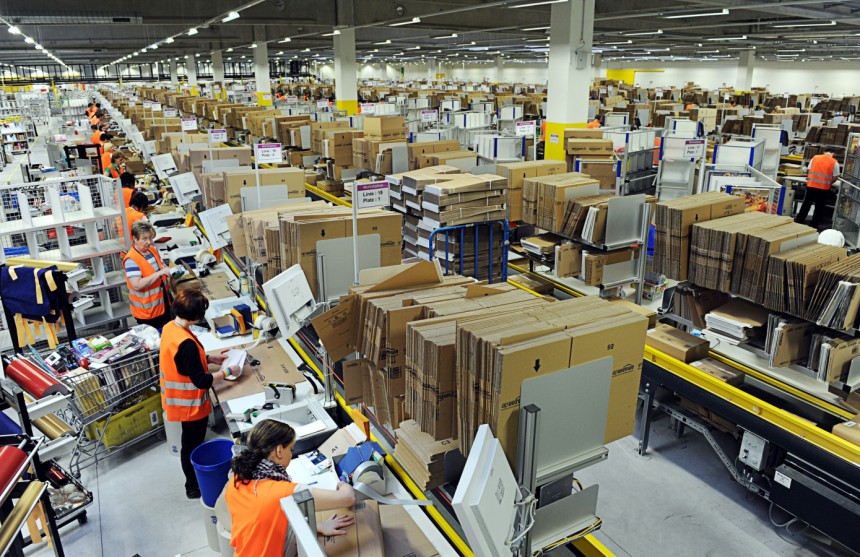
So Amazon became the largest company in the world on Tuesday.
Now, you might not know this, but Amazon.com is a company that sells items online and ships them to your house. They’re kinda big here.
I also hate them. A lot.
Don’t get me wrong, I think the service is brilliant, given its scope. Amazon held 49.1% of the American e-commerce market sales as of mid-2018 — second place, eBay, has 6.6%.
If that doesn’t give you context, consider that Amazon Prime alone has more than 100 million subscribers worldwide as of April 2018 — a number larger than the population of the United Kingdom. Keeping any operation of that scale alive and well needs a impressive amount of panache.
The reason I dislike Amazon is what customers don’t usually see. While keeping out of the spotlight a little better than Elon Musk’s well-known bungles, Amazon nevertheless has a long history of inhumane treatment and immoral actions.
Let’s start at their warehouses. In 2011, local Allentown newspaper The Morning Call interviewed 20 Amazon warehouse employees who described the situation. During the summer, when the heat index reached 102 degrees Fahrenheit inside the building and 15 workers collapsed, the warehouse refused to open the doors for ventilation, citing worries of theft. Reports by employees and doctors led the Occupational Safety and Health Administration to inspect the warehouse, and recommended that Amazon improve its heat-stress management beyond providing employees with water and ice pops.
This treatment of workers isn’t a one-off, either. In July 2018, The Guardian published an article describing cases where Amazon workers faced hardships such as homelessness, an inability to work or financial struggles as a result of an injury at work. This kind of treatment means Amazon made the National Council for Occupational Safety and Health’s “Dirty Dozen” blacklist of the most dangerous places to work in America.
“Despite a pattern of preventable deaths, Amazon is requesting billions in tax breaks for a new headquarters, on top of $1 billion already received from state, local taxpayers,” the National COSH report said.
Delivery drivers have also levied complaints against the giant.
“Drivers also described a physically demanding work environment in which, under strict time constraints, they felt pressured to drive at dangerously high speeds, blow stop signs, and skip meal and bathroom breaks,” according to an article by Business Insider.
“Eight workers across four companies said drivers were denied overtime pay, despite working well over 40 hours a week. Thirteen workers across five companies complained about wages missing from paychecks,”reported Business Insider when discussing drivers that worked for delivery companies hired by Amazon.
What really sunk it in for me were two things: first, most of these problems were eventually fixed by Amazon, but only after widespread media attention forced them to, and second, the company still makes a killing. Amazon CEO Jeff Bezos is undoubtedly the richest human in history, with a terrifying $142 billion in the bank. There is no reason for their frugal corner-cutting, and especially their refusal to do anything productive with their money.
In May 2018, Amazon stopped construction on their massive new Seattle skyscraper in protest of the city’s new head tax, a program that would cost Amazon an estimated $20 million in 2019 and again in 2020. That amount is minuscule compared to Jeff Bezos’ net worth. This tax would go entirely to support Seattle’s homeless population; however, it was repealed in less than a month after it was instated, due to public outcry by groups partially funded by Amazon.
I didn’t bring this up because I expect Drexel’s student body to discourse against a guy whose net worth is the size of Kazakhstan’s GDP. At this point, Amazon is so big that nothing short of national policy can change it. So spread the news. If you disagree with what they do, tell people. Trust me — it’s a pretty good topic for parties.
